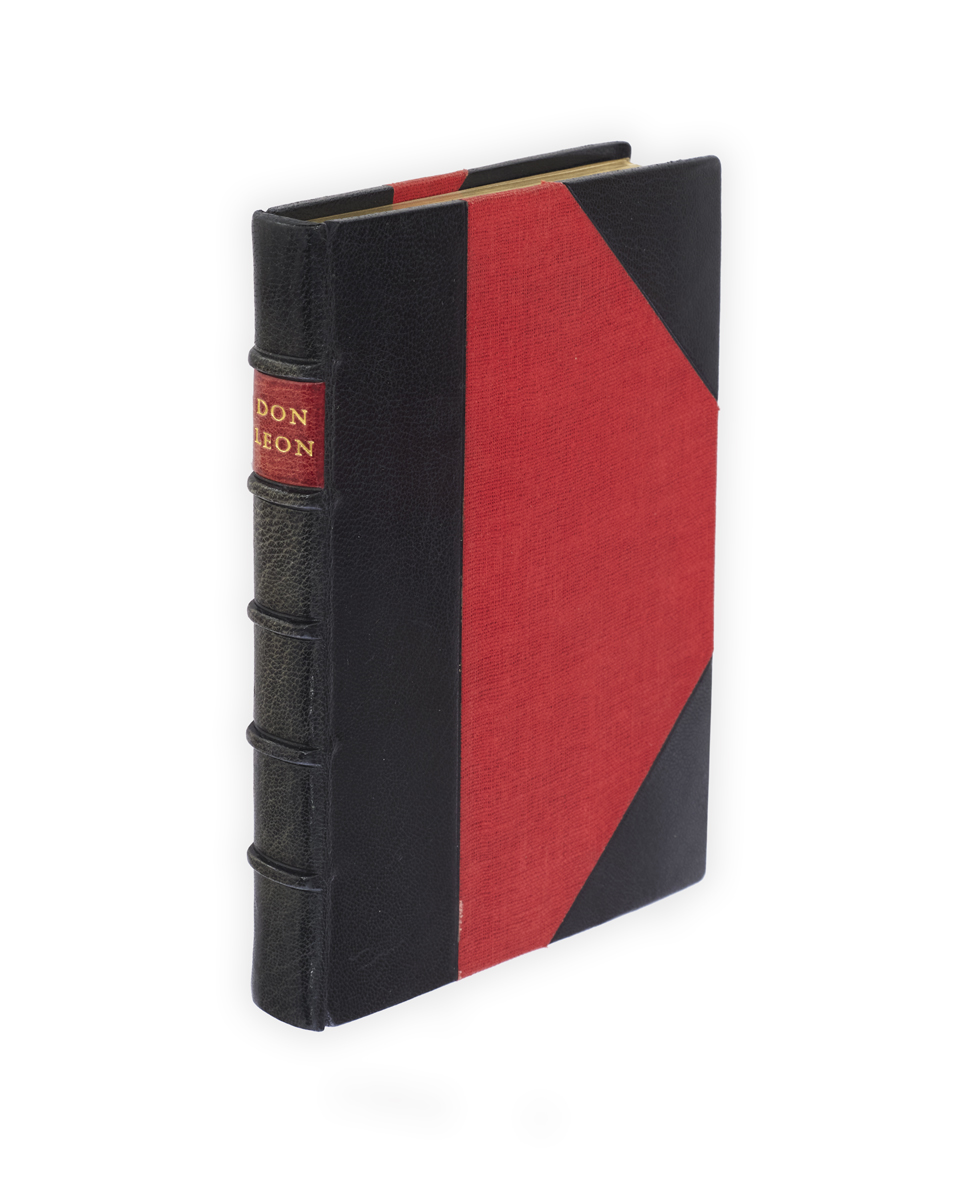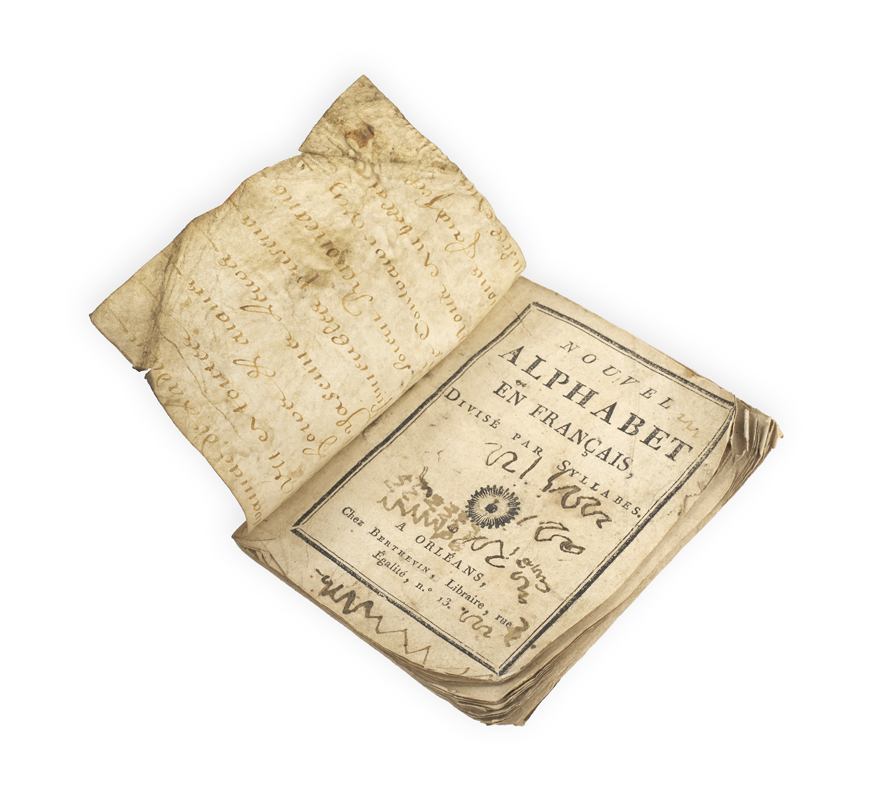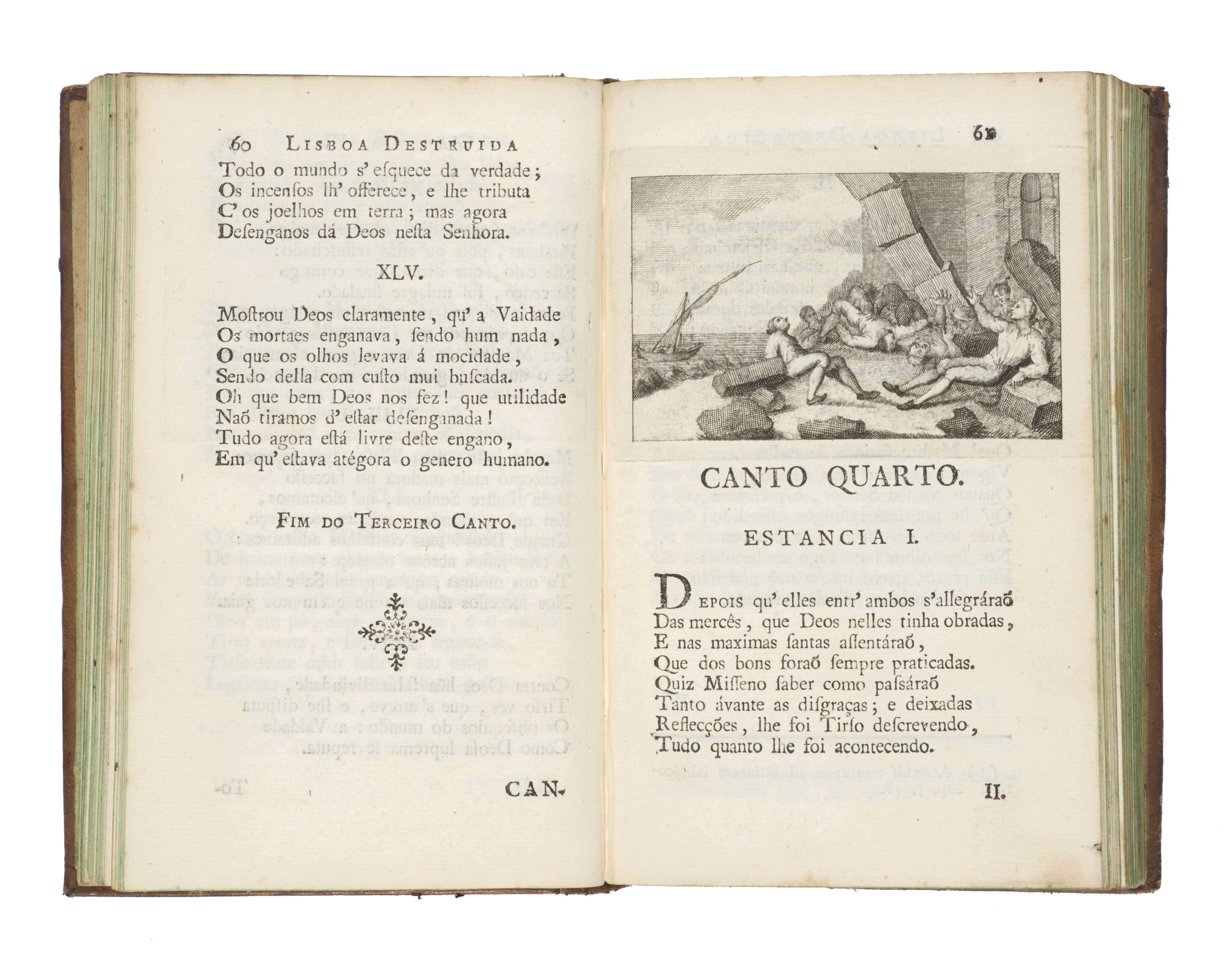

'CAN MAN WITH MAN
HOLD INTERCOURSE OF LOVE?’
DON LEON,
a Poem by Lord Byron … forming Part of the private Journal of his Lordship, supposed have been entirely destroyed by Tho. Moore … To which is annexed Leon to Arabella an Epistle from Lord Byron to Lady Arabella.
London, The Fortune Press, [1934].
Small 4to, pp. 127, [1]; title-page printed in red and black; a fine copy, top edge gilt, others uncut, in three-quarter black morocco and red cloth by Sangorski & Sutcliffe for D.G. Bridson, with his bookplate.
£500
US $625 €584
If you wish to order more than one copy of this publication please make an enquiry. Add to basket Make an enquiry

Added to your basket:
a Poem by Lord Byron … forming Part of the private Journal of his Lordship, supposed have been entirely destroyed by Tho. Moore … To which is annexed Leon to Arabella an Epistle from Lord Byron to Lady Arabella.
No. 3 of 1000 copies printed (many subsequently destroyed) of a famous Byron forgery. Don Leon, not by Byron, though written by someone familiar with his life and exploits, was an important early plea for the toleration of homosexuality.
It was probably first written in the late 1820s, but the earliest extant edition was one of 1866 (by William Dugdale, when it was attributed to Byron with the intent of blackmail) – it may have been published abroad before 1853 when it is mentioned in Notes & Queries; the notes in 1866 evidently came from other hands and contain references up to 1859. A traditional attribution to George Colman is unlikely; recent scholarship has proposed William Bankes or John Cam Hobhouse, the latter most plausible given the work shows a more than passing acquaintance with British parliamentary affairs, and Hobhouse was well aware of Byron’s bisexuality.
After Dugdale’s extremely rare first edition, Don Leon was reprinted along with ‘Leon to Arabella’ by Charles Carrington (Alençon, 1890?, with a false 1866 imprint on the title-page), and from thence by the Fortune Press. That edition immediately fell foul of the obscenity laws: all copies were ordered to be destroyed, and though some evidently escape the censor, it was scarce enough to have its own facsimile reprint in 1975.
Freeman, Bibliotheca Fictiva (2nd edition) 752. See Chew, pp. 177–8.

